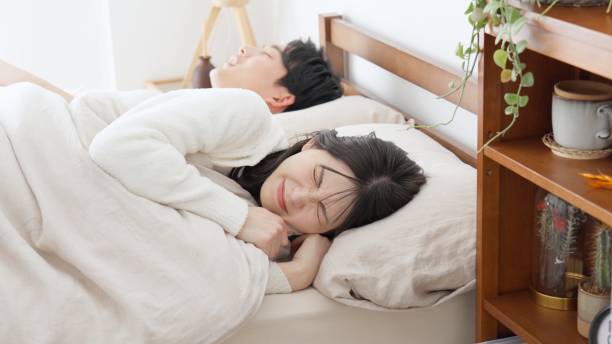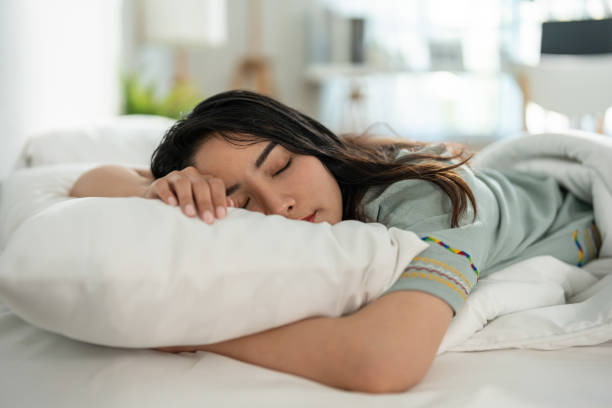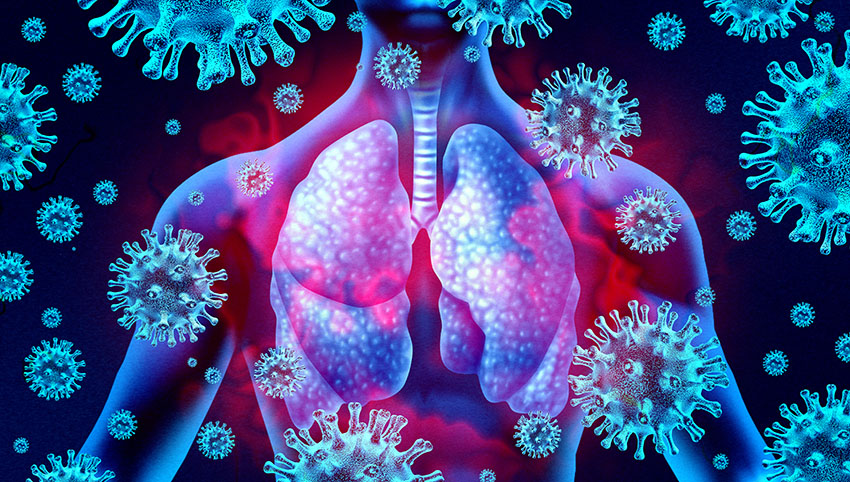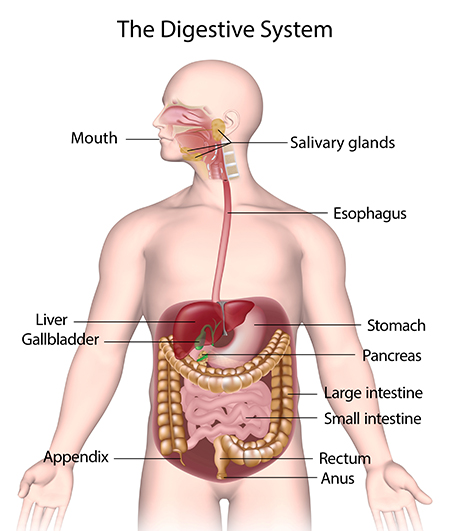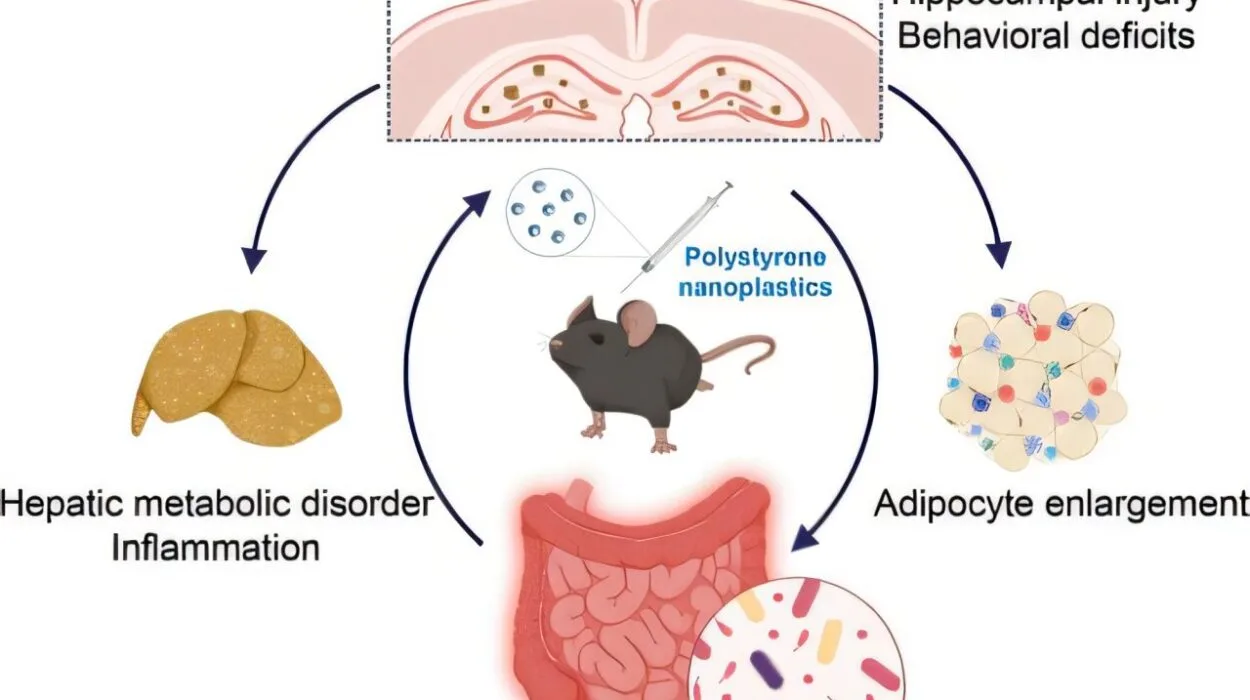It’s a familiar scene: after an intense session between the sheets, one person drifts effortlessly into slumber, while the other may lie awake, blinking into the darkness. For decades, this pattern has been chalked up to anecdotes, cultural jokes, or gender stereotypes. But now, thanks to new scientific research, the idea that sexual activity might actually enhance sleep has moved from whispered speculation to measurable fact.
A groundbreaking pilot study published in the journal Sleep Health has added objective weight to the idea that both partnered sex and solo masturbation can improve sleep efficiency and reduce nighttime wakefulness. Unlike past studies relying heavily on self-reports—infamously subjective and riddled with memory bias—this research strapped technology to participants’ heads and tracked their sleep patterns in real-time.
And the results are more than just pillow talk.
What the Study Found: Orgasm Equals Objective Sleep Gains
The research team, led by Michele Lastella of CQUniversity Australia, recruited seven heterosexual couples to participate in a sleep study unlike any other. Over 11 nights, each participant followed a strict regimen of alternating sexual activity—solo or partnered—and abstinence. Importantly, they all climaxed during sexual activity, as the orgasm was considered the key variable.
Using DREEM3 headbands, wireless devices capable of monitoring sleep stages through EEG signals, researchers observed what happened in the participants’ brains after different kinds of bedtime activity. Participants also filled out diaries every morning to report how they slept, how they felt, and what they did the night before.
The data was revealing.
Compared to nights without sexual activity, both partnered sex and solo masturbation led to a significant reduction in the amount of time participants spent awake after initially falling asleep. The increase in “sleep efficiency”—how much of the night was spent actually sleeping—was also notable. Sleep efficiency jumped to 93.4% after partnered sex and 93.2% after solo masturbation, compared to 91.5% on nights with no sexual activity.
That’s not just a technical improvement. In sleep science, even small gains in sleep efficiency can translate to meaningful enhancements in overall rest and next-day performance.
Perceptions Don’t Always Match Reality
One of the most intriguing findings from the study wasn’t about what happened while participants were asleep, but what they thought had happened. Despite the measurable improvements in sleep after orgasm, participants didn’t feel that they had slept better. Their subjective reports of sleep quality didn’t differ significantly across the three conditions.
This disconnect between perception and reality underscores one of the ongoing challenges in sleep research: we often misjudge the quality of our own rest. While we may feel groggy after a night of intense dreaming or underestimate how long we were actually asleep, devices like the DREEM3 offer an impartial snapshot of the night’s true patterns.
And in this case, the technology clearly showed that sex—regardless of whether it’s shared or solo—can enhance the depth and continuity of sleep.
Why It Works: Hormones and Human Biology
What’s behind this post-orgasmic sleep benefit? The answer lies in biochemistry.
Orgasm triggers a cascade of hormonal changes in the body. Among the most prominent are increased levels of oxytocin and prolactin, coupled with a reduction in the stress hormone cortisol.
Oxytocin, often dubbed the “love hormone,” is known for promoting feelings of bonding and relaxation. It’s the same hormone released during cuddling and breastfeeding, both of which are linked to calm and contentment. Prolactin, on the other hand, is associated with sexual satisfaction and physical relaxation. Meanwhile, cortisol, the hormone responsible for the body’s stress response, dips after climax, reducing alertness and anxiety.
This hormonal cocktail—more oxytocin and prolactin, less cortisol—creates the perfect biological setting for sleep. The body unwinds, the mind quiets, and drowsiness sets in. What’s more, these changes occur whether the orgasm is achieved through solo masturbation or shared intimacy.
The Gender Dimension: A Clue in Common Questions
For Michele Lastella, the research was born not just of academic curiosity, but of real-world questions. As a sleep scientist working closely with elite athletes, he was used to fielding practical sleep inquiries. But one question came up again and again: “Why does my partner fall asleep after sex while I lie awake?”
The question often came with an implied gender pattern—men fell asleep, women didn’t. This prompted Lastella to dig deeper into the role of orgasm, hypothesizing that it might not be the sex per se but the climax that mattered most. That’s why the study focused on sexual activity that ended in orgasm, ensuring a key variable stayed consistent.
What the study didn’t find, however, was a significant difference between men and women in terms of sleep outcomes. Both sexes experienced similar gains in objective sleep quality. This suggests that the old gender trope—men pass out, women lie awake—may have less to do with biology and more to do with sociocultural expectations, emotional context, or even who’s responsible for cleanup.
More Than Just a Bedroom Curiosity
This research is more than a quirky headline. It opens doors to new ways of understanding and improving sleep without pharmaceuticals.
With sleep disorders affecting millions and the overuse of sleep medications raising concerns about side effects and dependency, behavioral interventions are increasingly being explored. From mindfulness to weighted blankets, natural sleep aids are gaining traction. Adding sexual activity to that toolkit could offer a free, pleasurable, and side-effect-free strategy for improving sleep.
And while this pilot study is small—just 14 participants—it sets the stage for larger, more inclusive research. Future studies could explore whether the same benefits apply to older adults, LGBTQ+ individuals, people with insomnia, or those with hormonal imbalances.
“We are actively seeking funding to support our third part of the investigation,” Lastella said, noting their goal is to study individuals with poor sleep to see if sexual activity could serve as a viable intervention. “This type of research is important as it provides us with a non-pharmaceutical approach toward improving not only sleep behavior but health and wellbeing as a collective.”
Cosleeping and the Rhythm of REM
Beyond the act of sex itself, the study also touched on the unique dynamics of cosleeping. Couples who shared a bed were more likely to enter REM sleep—the dream stage—at the same time, regardless of whether they had sex that night.
This phenomenon, known as sleep stage concordance, hints at a kind of biological synchronization that occurs when people share sleeping space. Environmental cues like body heat, breathing rhythms, and even subtle movements may help align partners’ sleep cycles. While the effect isn’t fully understood, it raises fascinating questions about how intimacy—sexual or otherwise—shapes our rest.
Limitations and the Road Ahead
As promising as the findings are, they come with a few caveats. The sample size was small, and participants were relatively young, healthy, and heterosexual. That limits the generalizability of the results.
There were also logistical hurdles. Because participants had to manually activate their headbands after sexual activity, there’s a chance they missed capturing the earliest phases of sleep. In a perfect world, sleep monitoring would happen passively and automatically, without interrupting the natural wind-down process.
Social desirability bias may have also influenced the self-reports, even if the objective data remained untainted. People may feel pressured to report more positive sleep or sexual experiences, particularly in a study setting.
Nevertheless, this research marks a bold step into a largely unexplored intersection of biology, behavior, and well-being. And as society slowly becomes more open about the role of sexuality in overall health, more rigorous investigations like this one are likely to follow.
Final Thoughts: A Good Night’s Sleep May Start with a Good Time
We’ve long known that sleep is vital to health, affecting everything from mood and memory to metabolism and immunity. Now, science is beginning to confirm what many people have long suspected: a fulfilling sex life—whether shared or solo—can be part of a healthy sleep routine.
As this study shows, sexual activity, especially with orgasm, isn’t just recreational—it’s restorative. It may not knock you out instantly or guarantee you’ll remember vivid dreams, but it seems to help your brain settle into deeper, more continuous rest.
So the next time you’re lying awake, watching the minutes tick by, remember: the answer might not be in a bottle of melatonin—but in a little pleasure, well-timed.
Sleep well.
